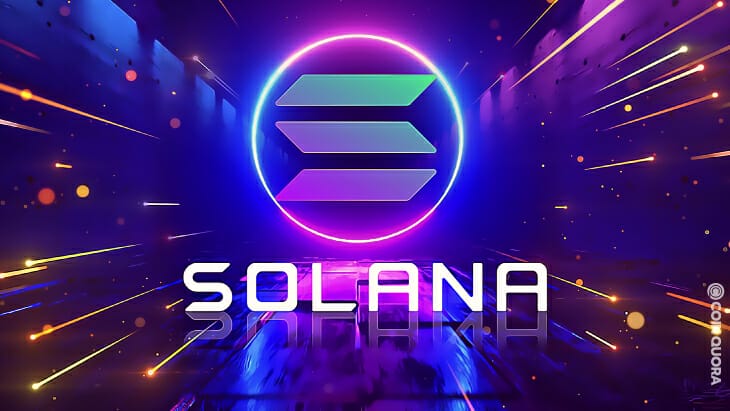BTCS (BTCS.Q) announced today the addition of Solana (SOL) to its blockchain infrastructure.
What this means for the company is that the addition of SOL bring add more revenue, include introduction to decentralized blockchain aspects like NFTs, decentralized applications (dApps), smart contracts, transactions in digital assets, and other such things.
“In a January research note, Bank of America analysts said that Solana has the potential to be the equivalent of Visa to the world of crypto. Additionally, Solana’s network is powering event experiences for world-leading entertainment companies. For example, an NFT released earlier this month by California-based music festival Coachella used the Solana ecosystem. The integration of a ticket-focused Solana NFT should not be ignored,” said Charles Allen, CEO of BTCS.
It’s a bit of a stretch to suggest that Solana could be the equal of Visa in any capacity. The technology simply isn’t there yet, even with Solana’s curious Proof-of-History consensus mechanism. But one of the key selling points of this particular blockchain is its low transaction fees in comparison to other high end blockchain options. For example, Bitcoin’s costs can drop to roughly $2 but could be as high as $60 depending on a number of different factors.
In comparison, you pay a fraction of a penny per transaction with SOL.
BTCS has already staked 6,997 SOL tokens for a value of roughly $710,000 and is busy closing blocks and making that number grow. Staking lets users generate an annual percentage yield, if you didn’t know, whereas validators (folks who determine the ledger is correct) charge a fee on users’ staked assets in addition to getting a kickback on staked crypto.
This is what BTCS is going to be doing with Solana. They’re running validator nodes and using that as the premise bheind their staking-as-a-service platform, presently under development. They’ve done all the technical work needed to deploy their own validator node on SOL, and are presently working on integrating it into their service.
—Joseph Morton





